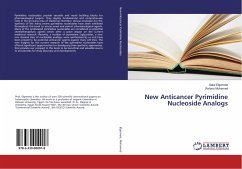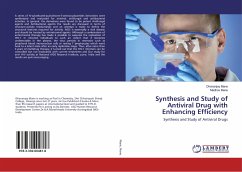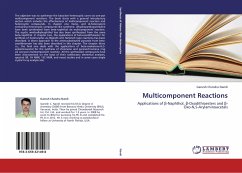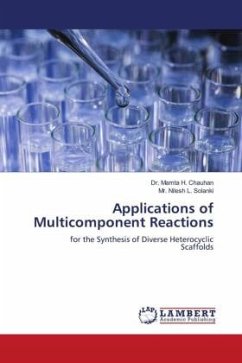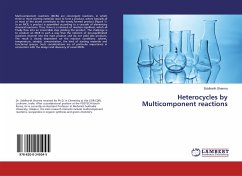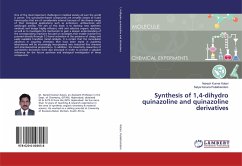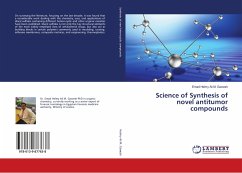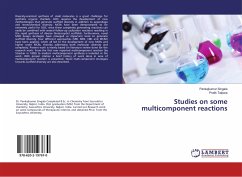
Studies on some multicomponent reactions
Versandkostenfrei!
Versandfertig in 6-10 Tagen
24,99 €
inkl. MwSt.

PAYBACK Punkte
12 °P sammeln!
Diversity-oriented synthesis of small molecules is a great challenge for synthetic organic chemists. DOS requires the development of new methodologies that generate scaffold diversity in addition to appendage and stereochemical diversity. MCRs have been demonstrated to be extremely useful for DOS, since these complexity generating reactions can easily be combined with several follow-up cyclization reactions resulting in the rapid synthesis of diverse (heterocyclic) scaffolds. Furthermore, novel MCR design strategies have emerged as important tools to generate scaffold diversity. Four different...
Diversity-oriented synthesis of small molecules is a great challenge for synthetic organic chemists. DOS requires the development of new methodologies that generate scaffold diversity in addition to appendage and stereochemical diversity. MCRs have been demonstrated to be extremely useful for DOS, since these complexity generating reactions can easily be combined with several follow-up cyclization reactions resulting in the rapid synthesis of diverse (heterocyclic) scaffolds. Furthermore, novel MCR design strategies have emerged as important tools to generate scaffold diversity. Four different approaches (SRR, MRS, CBD and MCR2) have been applied, which all led to the development of new MCRs and higher order MCRs, thereby addressing both molecular diversity and complexity. Present work is mainly based on literature review done for the research work. From the first ever reported multicomponent reaction (by Strecker in 1850) to modern multicomponent synthesis is included in the work. With proper citation a brief history of work done in area of multicomponent reaction is presented. Novel multi-component strategies towards scaffold diversity are also described.






